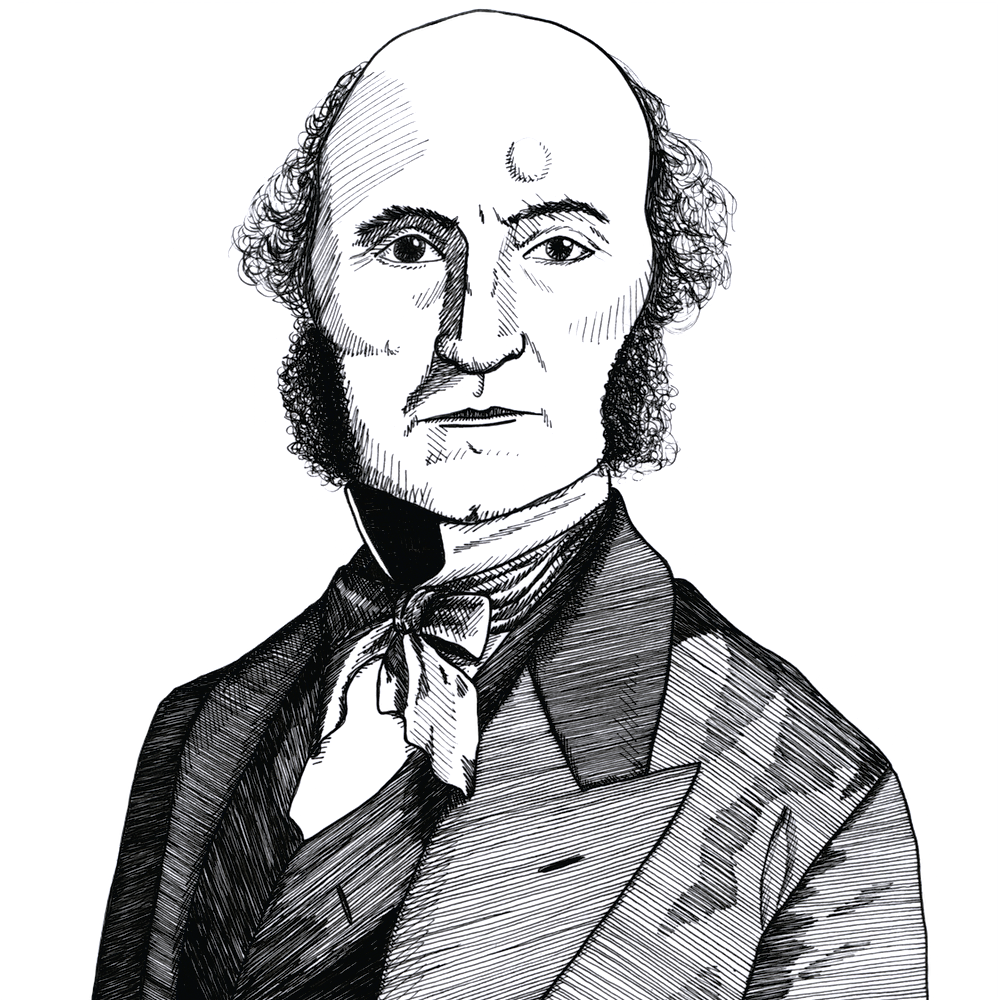
John Stuart Mill uses an analogy with the removal of protective duties and bounties in trade to urge a similar “Free Trade” between the sexes (1869)
Found in: The Collected Works of John Stuart Mill, Volume XXI - Essays on Equality, Law, and Education
In The Subjection of Women (1869) J.S. Mill (1806-1873) argues that, just as with trade between different nations, men and women will have different comparative advantages and that both will benefit if one side is not favoured by the government with unfair "bounties and protective duties in favour of men":
Women’s Rights
One thing we may be certain of—that what is contrary to women’s nature to do, they never will be made to do by simply giving their nature free play. The anxiety of mankind to interfere in behalf of nature, for fear lest nature should not succeed in effecting its purpose, is an altogether unnecessary solicitude. What women by nature cannot do, it is quite superfluous to forbid them from doing. What they can do, but not so well as the men who are their competitors, competition suffices to exclude them from; since nobody asks for protective duties and bounties in favour of women; it is only asked that the present bounties and protective duties in favour of men should be recalled. If women have a greater natural inclination for some things than for others, there is no need of laws or social inculcation to make the majority of them do the former in preference to the latter. Whatever women’s services are most wanted for, the free play of competition will hold out the strongest inducements to them to undertake. And, as the words imply, they are most wanted for the things for which they are most fit; by the apportionment of which to them, the collective faculties of the two sexes can be applied on the whole with the greatest sum of valuable result.